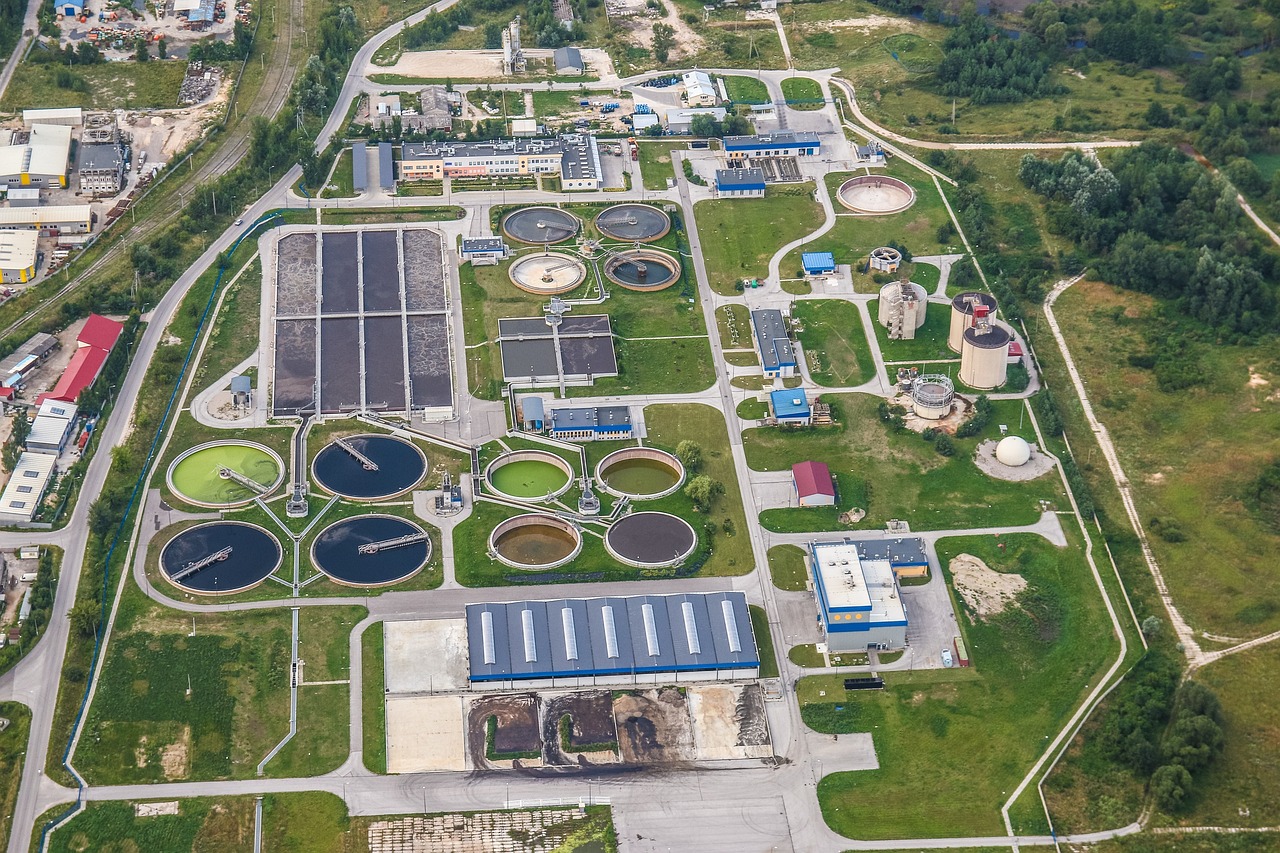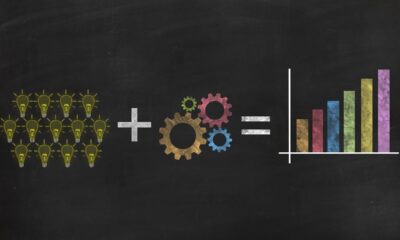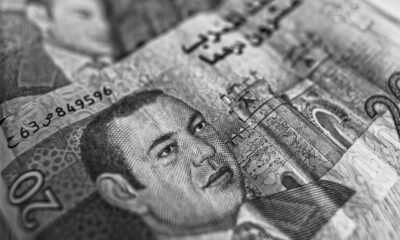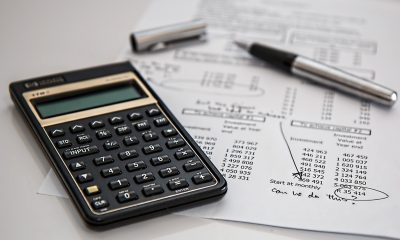Africa
The “Souss-Massa Distribution” Consortium of Water and Electricity on Track
Under article 83 of the Organic Law on Communes, communes are responsible for creating and managing communal public services and facilities. These include water and electricity distribution, as well as liquid and solid wastewater treatment. In detail, the shareholdings of the 175 communes making up the Souss-Massa region will vary between 20,000 and 80,000 DH, in the form of annual contributions.

The process of approving the partnership agreement for the creation of the Groupement des collectivités territoriales “Souss-Massa Distribution” has been set in motion by the region’s local authorities. The project was approved by the communal councils of the region’s six prefectures and provinces at a series of extraordinary sessions.
The aim is to pave the way for the future creation of the regional multiservice company, in accordance with law 83-21 on the creation of regional multiservice companies and the reform of the current management system for electricity, drinking water, and liquid sanitation services. As a reminder, this text was already put into practice on July 29, 2021, with the signing of a memorandum of understanding on the creation of these entities between the State (represented by three ministries, including the Ministry of the Interior) and ONEE.
Read more about Souss-Massa distribution of water and electricity group and find the latest economic news from around the world with the Born2Invest mobile app.
Acquisition of interests by 175 communes in Souss-Massa
Under article 83 of the Organic Law on Communes, communes are responsible for creating and managing communal public services and facilities. These include water and electricity distribution, as well as liquid and solid wastewater treatment.
In addition, the first article of law 83-21 considers communes and local authority groupings as managers of public services linked to water and electricity distribution, as well as liquid sanitation and public lighting.
In detail, the shareholdings of the 175 communes making up the Souss-Massa region will vary between 20,000 and 80,000 DH, in the form of annual contributions to be paid before April of each year (budget expenditure). It should be noted that these shareholdings are subject to revision by virtue of an amendment to the initial agreement, to be validated by the local councils and approved by the Ministry of the Interior.
Contracts between groups and companies in Souss-Massa
In detail, the “Souss-Massa Distribution” group of local authorities will be governed by a board, the number of which is to be determined by the Ministry of the Interior. The board will be headed by a president and four vice presidents, elected by the members of “Souss-Massa Distribution”. The services in question will be managed on a contractual basis by the regional multi-service companies.
They will replace the plurality of operators involved in the management of these communal public services. These include the régies autonomes, the délégataires privés, ONEE (historically responsible for the public service of electricity and water distribution in areas not served by delegated managers or régies), and certain associations.
It should also be noted that the PLF 2024, in particular the section on VAT reform, had proposed the gradual alignment of the VAT rate applicable to water, wastewater services, and water meter rental. It should be noted that this progressive alignment measure also concerns the VAT rate applicable to electrical energy and the rental of electricity meters.
__
(Featured image by jarmoluk via Pixabay)
DISCLAIMER: This article was written by a third party contributor and does not reflect the opinion of Born2Invest, its management, staff or its associates. Please review our disclaimer for more information.
This article may include forward-looking statements. These forward-looking statements generally are identified by the words “believe,” “project,” “estimate,” “become,” “plan,” “will,” and similar expressions. These forward-looking statements involve known and unknown risks as well as uncertainties, including those discussed in the following cautionary statements and elsewhere in this article and on this site. Although the Company may believe that its expectations are based on reasonable assumptions, the actual results that the Company may achieve may differ materially from any forward-looking statements, which reflect the opinions of the management of the Company only as of the date hereof. Additionally, please make sure to read these important disclosures.
First published in LES ECO.ma. A third-party contributor translated and adapted the article from the original. In case of discrepancy, the original will prevail.
Although we made reasonable efforts to provide accurate translations, some parts may be incorrect. Born2Invest assumes no responsibility for errors, omissions or ambiguities in the translations provided on this website. Any person or entity relying on translated content does so at their own risk. Born2Invest is not responsible for losses caused by such reliance on the accuracy or reliability of translated information. If you wish to report an error or inaccuracy in the translation, we encourage you to contact us.

-

 Biotech2 weeks ago
Biotech2 weeks agoGalicia Becomes First in Spain to Approve Gene Therapy for Hemophilia B
-

 Business3 days ago
Business3 days agoThe TopRanked.io Weekly Digest: What’s Hot in Affiliate Marketing [NordVPN Affiliate Program Review]
-

 Fintech1 week ago
Fintech1 week agoBitget Secures Operational License in Georgia, Strengthening Its Eastern Expansion
-

 Biotech5 days ago
Biotech5 days agoPfizer Spain Highlights Innovation and Impact in 2024 Report Amid Key Anniversaries




















